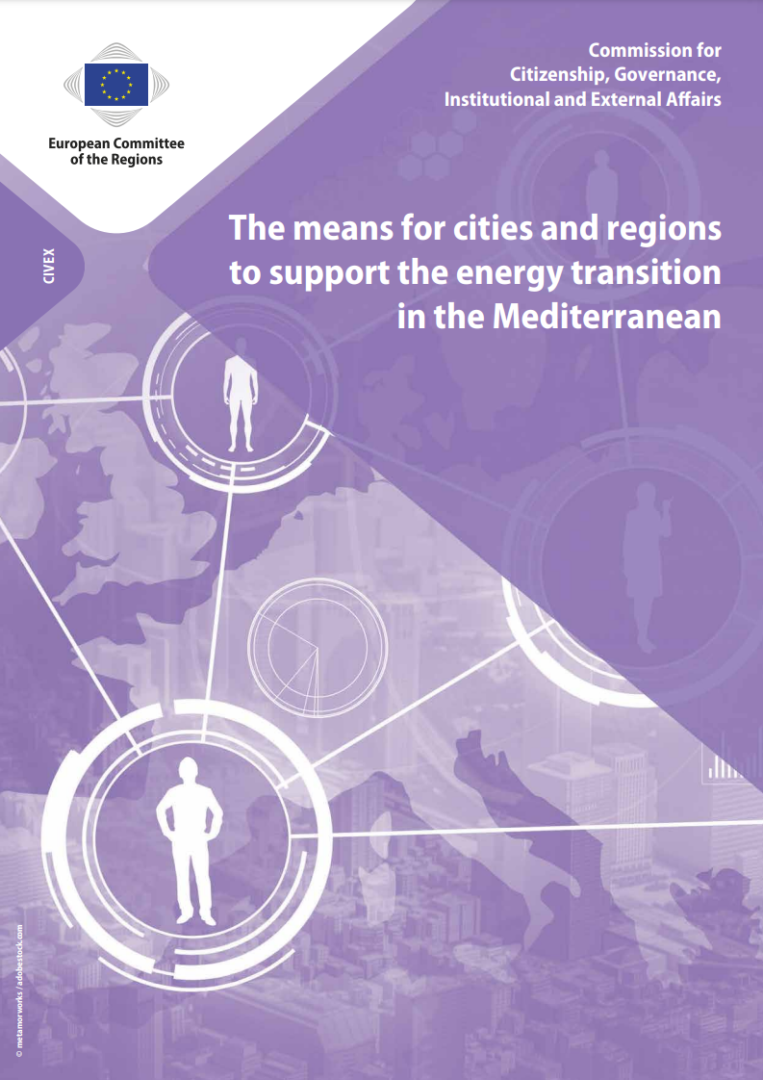 Homepage CASE
Homepage CASE
Selected values

The means for cities and regions to support the energy transition in the Mediterranean
-

Karolina Zubel
Environment, Energy and Climate Change Director
Karolina Zubel holds an MSc from the London School of Economics and Political Science and BA from the University of Warsaw and Sciences Po Paris. Currently, she is a PhD student at the Warsaw School of Economics, focusing her research endeavours on smart cities developments. Her work has been at the intersection of sustainability, low-carbon … <a href="https://case.dev10.pro/publications/the-means-for-cities-and-regions-to-support-the-energy-transition-in-the-mediterranean/">Continued</a>
Articles from this author:
-
Affordable Sustainable Housing in the EU
The study commissioned by the European Economic and Social Committee, examines strategies to address the pressing challenges of housing affordability and sustainability across the EU. It focuses on two key areas: the role of digitalization in the housing sector and the contribution of social economy initiatives. Key findings include: Digitalization's Role: The study highlights how tools like Building Information Modelling (BIM) and AI can streamline planning, improve energy efficiency, and enhance building management. Case studies from Denmark, France, and the Netherlands illustrate successful digital solutions. Social Economy Contributions: Localized, community-oriented housing solutions, like cooperatives and social rental agencies, demonstrate the value of non-profit initiatives in creating affordable, resilient, and sustainable living environments. Examples include projects in Austria, Poland, and Spain. Policy Recommendations: Medium-term goals (by 2030) include harmonizing EU-wide housing policies and integrating digital platforms. Long-term strategies (by 2050) emphasize developing inclusive housing models and leveraging digital innovations. The study concludes that addressing housing issues requires a holistic approach, combining economic, environmental, and social strategies while fostering cooperation among local, national, and EU stakeholders.
-
Natural disasters: anticipatory governance and disaster risk management from a local and regional perspective
Climate change poses a significant challenge across the European Union, with increasing climate-induced hazards threatening ecosystems, economies, and public well-being. Local and Regional Authorities (LRAs) play a crucial role in addressing these risks due to their close connection to affected communities. Effective Climate Change Adaptation (CCA) strategies must be tailored to local needs, yet many regions face challenges like limited resources and expertise. Proactive crisis management, integrated with Disaster Risk Management (DRM), is essential to prevent future crises. By using strategic foresight tools, LRAs can better prepare for risks, allocate resources effectively, and build community resilience. However, challenges remain, including financial constraints, trust issues and ensuring equity for vulnerable groups. To overcome these obstacles, LRAs should focus on inclusive governance, citizen engagement, and data-driven decision-making. As climate hazards intensify, integrating CCA with DRM at the local level will better equip communities to withstand and recover from climate impacts. Collaborative efforts and capacity-building are key to a resilient future.
- The contribution of the Mediterranean cities and regions to building water resilience
-
Affordable Sustainable Housing in the EU
Related publications
Thanks for joining us!
You're now part of a community that values [your newsletter's focus]. Get ready to stay informed, inspired, and engaged with our carefully curated content.
